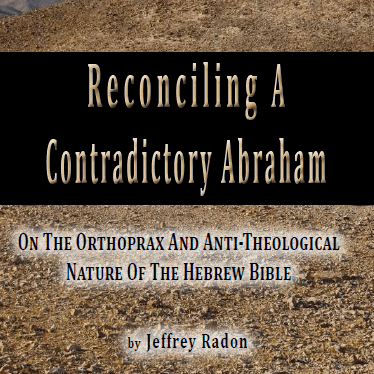erickinho1bra
Puritan Board Freshman

‘I am who I am’ or ‘I will be who I will be’?
From the blog of Jeffrey Radon at The Times of Israel
Apart from the fact that this is written by an unbelieving Jewish man, does he have a point regarding the translation of God's revelation of Himself to Moses? Should it be translated "I AM WHO I AM" or "I WILL BE WHO I WILL BE"?
Do the theological implications change regarding one's interpretation of God's statement?


